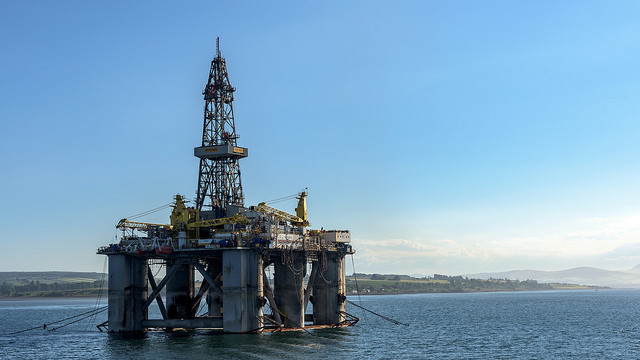In what is considered to be a direct blow to the Trump presidency, China rejects pleads from the US to reduce Iranian oil imports amidst Washington's efforts to sanction Iran following its abrupt withdrawal from the 2015 Nuclear Weapons Pact.
The report from Bloomberg cited two unnamed officials who claim knowledge of the said negotiations on Friday.
The informants confirmed to the news agency of Beijing's plan to retain oil trade relations with the Islamic Republic. Reports suggest that the current volume of China's oil purchases from Tehran is the same as with last month's.
China's rejection is a direct hit on the White House whose efforts to isolate Iran have become even more intense after Trump pulled the plug on the Iranian nuclear deal, officially being referred to as the Joint Comprehensive Plan of Action (JCPOA).
As argued by Republican US president, the nuclear deal is severely lopsided such that it failed to address other crucial issues such as Iran's capability to develop non-nuclear ballistic missiles.
The reimposed sanctions that followed after the withdrawal could drastically affect Tehran's revenue which it got mainly from its oil production.
Despite its blatant refusal from the demands of its Western counterpart, the Asian powerhouse, however, has no plans to increase its orders.
As reported over at Al Jazeera, China will stick to the usual quantity of its purchases of Iran's black gold.
China is the world's top buyer of crude and Iran's primary customer of its oil exports.
Estimates cited by financial analysts suggest that China's oil consumption accounted for almost 40 percent of the Iranian oil export last month.
If the sanction further escalates, Tehran won't be able to sell its oil and this could put other regional suppliers like Libya and Syria in the same situation. This could eventually trigger unprecedented circumstances that could upset the Middle Eastern oil trail. Speculations are already rife indicating Tehran's plan to block the Strait of Hormuz if the ban stands.
The Strait of Hormuz, which runs between the Persian Gulf and the Gulf of Oman, happens to be the main artery to which global supplies of crude pass through.
The Xi Jinping administration had long expressed its stance against unilateral sanctions, especially that of which imposed by the US.
China, which is currently the world's second-largest economy, has propagated its advocacies among its allied countries and neighbors alike on its advocacy to eradicate trade protectionism and unilateralism.





